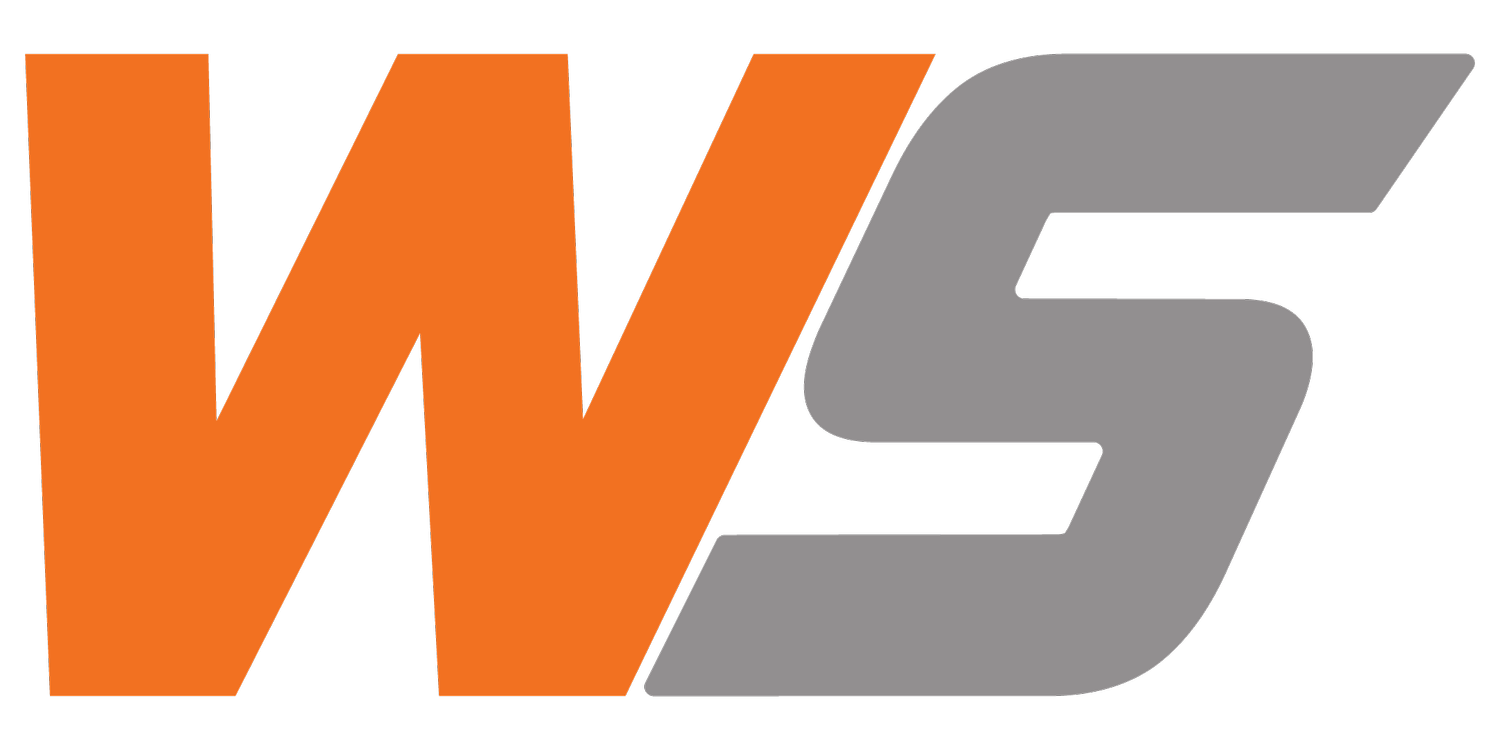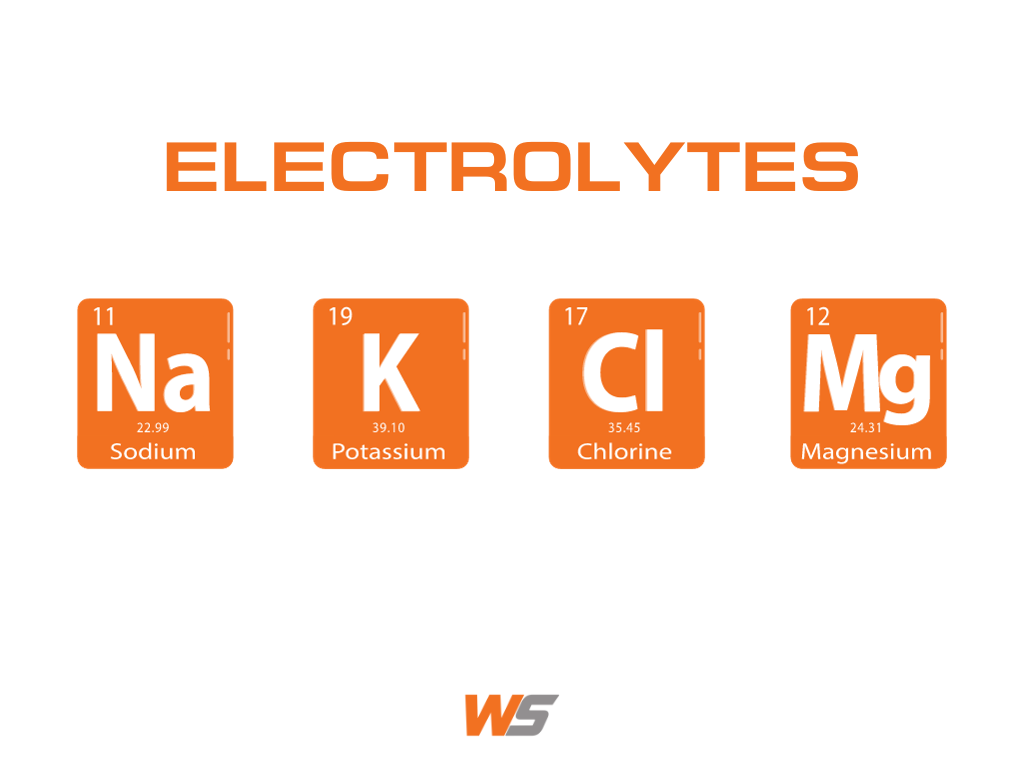THE ESSENTIAL GUIDE TO ELECTROLYTES AND OPTIMAL HYDRATION
Electrolytes are chemicals that conduct electricity when dissolved in water. Significant electrolytes include: sodium, potassium, chloride, magnesium, phosphate, and bicarbonates. Electrolytes come from food and fluids.
They are important for human physiology because they regulate nerve and muscle function, (including regulating heart muscle function) hydrate the body, balance blood acidity and pressure, and can help aid in rebuilding damaged tissue.
When your body is low on electrolytes it can lead to extreme fatigue, and for an athlete a significant decrease in performance. Being low on electrolytes can also be a sign of dehydration and cause symptoms such as confusion, muscle cramps, nausea, numbness and/or tingling.
When it comes to sweating, sodium and chloride are the most abundant electrolytes lost through sweat with potassium, magnesium and even calcium lost in smaller amounts.
Why is this important for performance/athletics?
Water is NOT enough to replenish electrolyte loss through sweat. Throughout the day, the body uses up its reserve of electrolytes, especially highly active individuals or athletes who lose a large amount of electrolytes through sweating.
For example, if a soccer player has a tournament and is spending hours outside competing at a high intensity in extreme heat, this individual is losing a significant amount of electrolytes through sweating. It is extremely important for this athlete to consume water + electrolytes during their tournament in order to stay hydrated, keep electrolytes balanced, keep performance at an optimal level, and avoid suffering from hyponatremia.
Hyponatremia is a condition that occurs when the level of sodium in the blood is dangerously low. If this athlete ONLY consumed water during a tournament in the heat they are at an increased risk of diluting their blood and causing hyponatremia to occur. Hyponatremia is a very dangerous condition.
Share this post:


